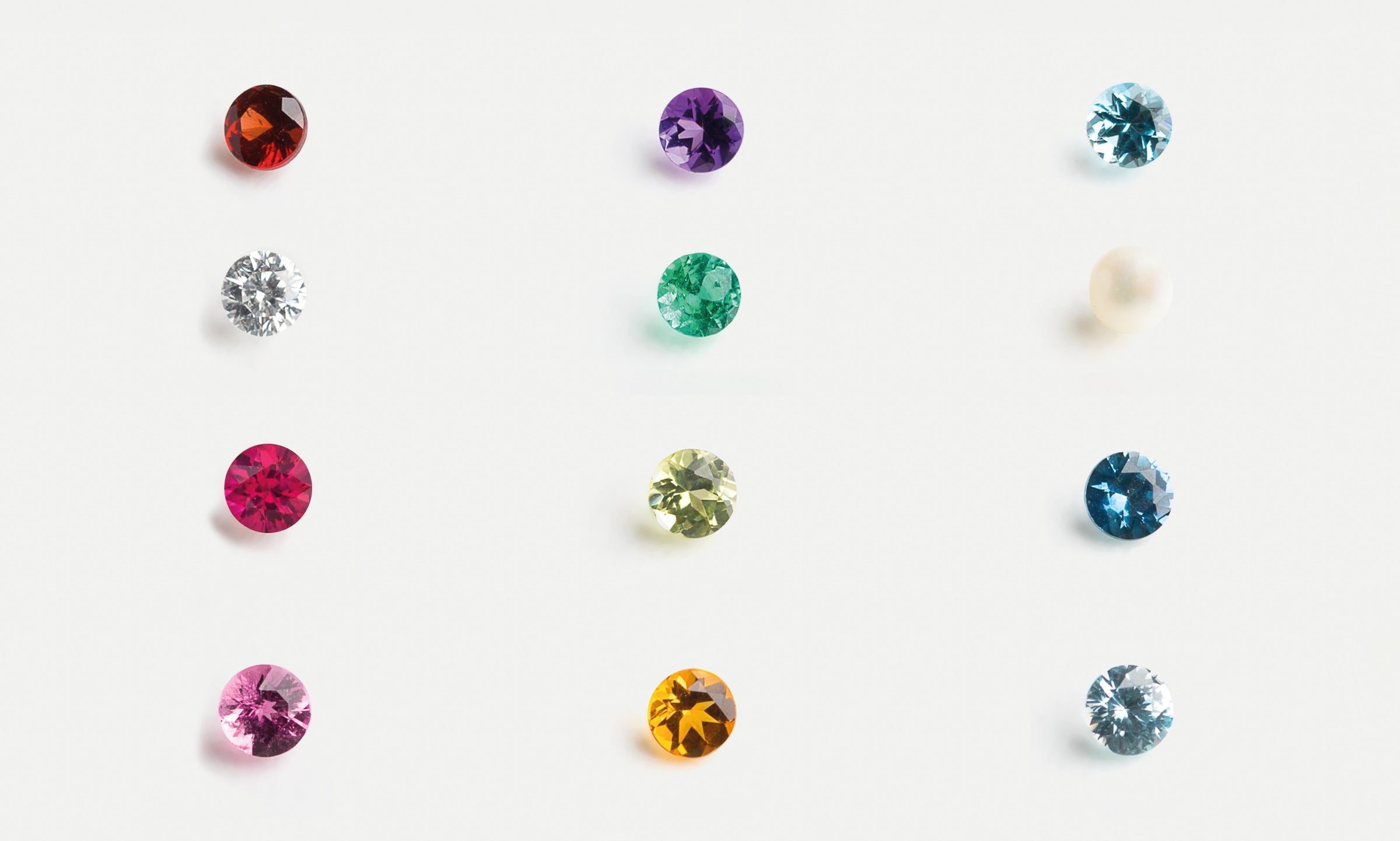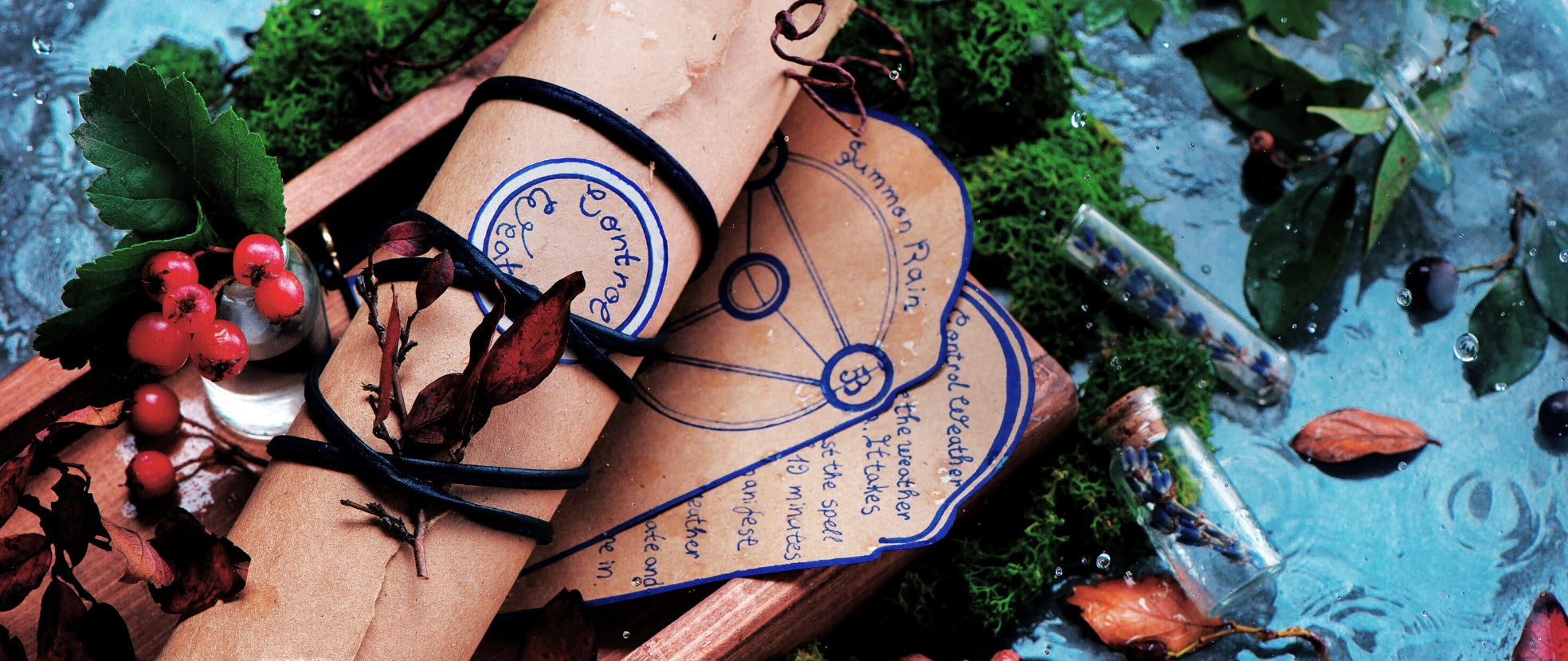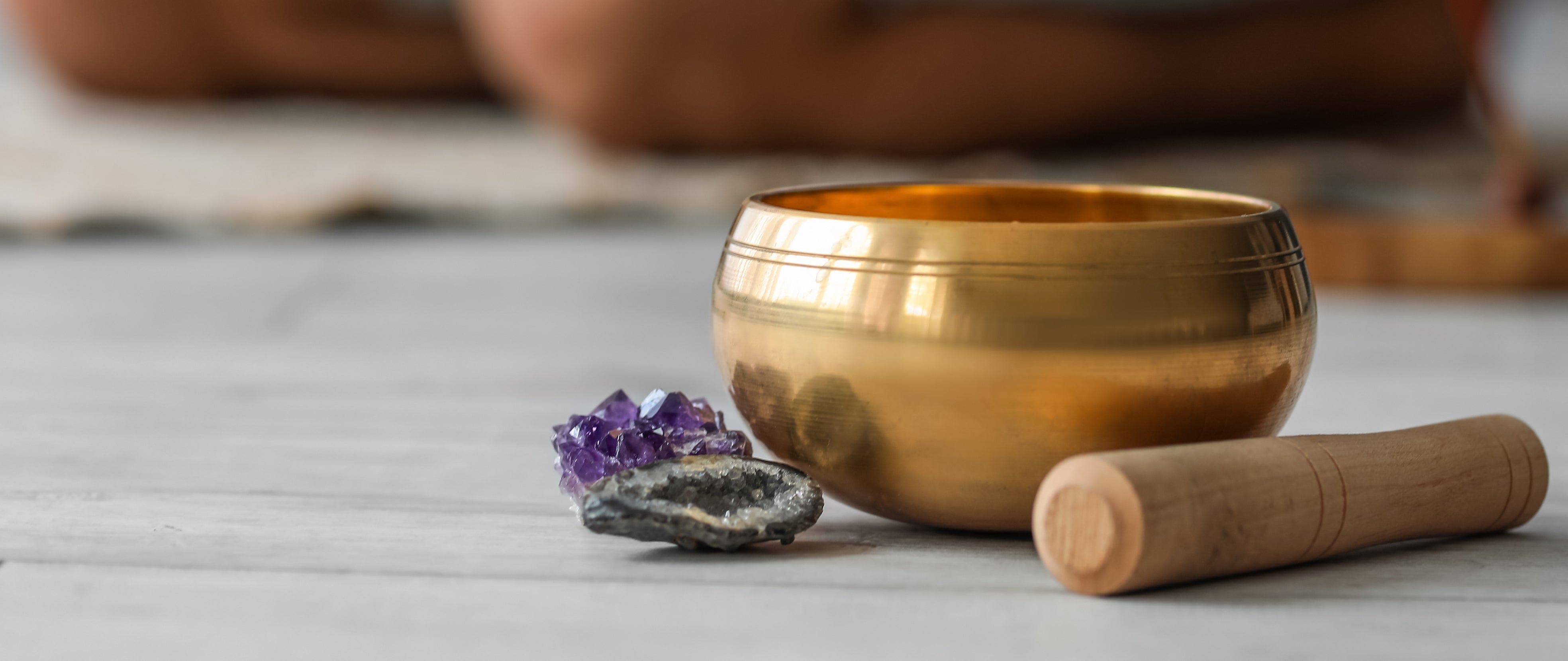Crystals and Witchcraft Around the World
Unveiling Global Practices and Energies in Crystal Witchcraft
Embark on a journey where we traverse the landscapes of the mystical world, exploring the realms where witch crystals reverberate with energies untold. From the types of witches that have graced our earthly domain to the myriad types of witchcraft that have whispered through the winds, our adventure pierces through veils unknown, exploring how crystals in Wicca and various witch paths – like the eclectic witch and cosmic witch – intertwine with spiritual practices globally. At the end see our book recommendations to become the awesome Witch you can be.
Types of Witchcraft Around the World
1. Wicca (Western Tradition)
Rooted in the soils of the West, particularly within the United Kingdom, emerges Wicca, one of the most well-known types of witchcraft globally. Initiated in the early 20th century, Wicca intertwines ancient pagan practices with ceremonial magic, crafting a path that reverberates with the energies of nature and the divine. Within this practice, crystals in Wicca take a pivotal role, embodying both earthly and ethereal elements.
Crystals like the moonstone, recognized for its alignment with the divine feminine, or the black obsidian, revered for its protective shield, become potent tools for practitioners - aiding in rituals, spells, and as channels for the divine. Wicca often leans into duality and balance, venerating both the God and Goddess, recognizing their manifestations within the natural world and celestial bodies. The pentacle, representing earth, air, fire, water, and spirit, becomes a symbol of this interconnectedness, encapsulating the harmonic relationship between the elements and the divine.
2. Vodou (Haitian Tradition)
Journeying to the vibrant lands of Haiti, we find Vodou, a spiritual path that has entwined with the cultural and social tapestry of the nation. Contrary to the often-misrepresented image in popular media, Vodou is a deeply spiritual, community-oriented practice that reveres a supreme deity, Bondye, and various spirits, known as Loa. Each Loa oversees different aspects of life and nature, offering guidance, protection, and support to practitioners.
Rituals, often led by priests (Houngan) or priestesses (Mambo), encompass rhythmic dances, chants, and offerings to forge connections with the Loa, seeking their blessings and wisdom. While not inherently tied to witchcraft, Vodou holds a space within the spectrum of magical practices, resonating with the spiritual vibrations of the land and the ancestors.
3. Shinto (Japanese Tradition)
Veering towards the East, we embrace Shinto, the indigenous spirituality of Japan, where the energies of "Kami" (spiritual beings or gods) permeate every rock, tree, and river. Shinto, while not witchcraft in a conventional Western sense, intersects with magical practices through its reverence for nature and spirits.
Ritual purity, offerings, and festivals, known as "Matsuri", foster harmony between the physical and spiritual worlds. Kami are honored and communicated with through various rituals, wherein practitioners present offerings, perform traditional music and dance, and partake in feasts. Amulets or “Omamori” provide protection or blessings, embodying a tangible connection between the Kami and the physical world. Shinto practices encapsulate a spiritual magic, interweaving the earthly and the ethereal, where humans and Kami coexist in a delicate balance, honoring and sustaining one another.
Through the lens of these three distinct spiritual paths, we witness the incredible diversity and profundity within the tapestry of global witchcraft and magical practices. From the balanced duality within Wicca to the vibrant, community-driven energies of Vodou, and the serene, spirit-filled world of Shinto, we are reminded that the spiritual transcends boundaries, echoing through cultures, whispering tales of the unseen, and wrapping us all within a world that buzzes with more than meets the eye.
Each practice, while unique and rooted in its own cultural, historical, and social contexts, shares a thread of interconnectedness with the unseen, offering pathways to navigate through the complexities of existence, fostering communities, and whispering the ancient tales of the lands and the spirits that inhabit them.
Types of Witches
Embark on a journey through the variegated realms of witchcraft, intertwining the celestial guidance of Wicca's Cosmic Witch with the nurturing spirit found within Shinto's Earth Witch. This exploration unearths practices that, though divergent, whisper collectively of the spiritual tapestry binding all existence.
From the solitary mysticism of the Hedge Witch, resonant with Wiccan solitude, to the Vodou-aligned community spirit of the Kitchen Witch, each archetype reflects a unique facet of spiritual exploration and connection. Dive into this microcosm of enchantment, discovering how varied practices and beliefs seamlessly weave through both the ancient and the contemporary, crafting a world where every spell and ritual intertwines with the pulsating energies of the universe.

1. Cosmic Witch (Wicca)
The Cosmic Witch, often intertwined with Wiccan traditions, venerates celestial bodies, harnessing their energies within their practice. The duality and cyclical nature of the moon, a significant celestial entity within Wicca, resonates with cosmic witches, who synchronize their rituals and spells with lunar phases, star alignments, and planetary movements. The cosmos, in its expansive mystery, becomes a canvas upon which cosmic witches chart their spiritual journey, utilizing "witch crystals" like moonstone and selenite to amplify the celestial energies they invoke.

2. Earth Witch (Shinto)
Drawing parallels with Shinto, the Earth Witch deeply connects with the natural world, perceiving the divine within every leaf, stone, and stream. Just as Kami inhabit natural entities within Shinto, earth witches see spirits and energies residing within all elements of nature. They often craft spells and rituals outdoors, utilizing natural items like plants, stones, and soil, ensuring their practice is in harmony with the earthly rhythms. The sanctity of nature, shared by both Earth Witches and Shinto practitioners, encapsulates a practice that whispers of ancient earth and rustling leaves.

3. Dianic Witch (Wicca)
Dianic Witches embody a path that particularly venerates the Goddess in her many forms, sharing an affinity with the divine feminine celebrated within Wicca. Often leaning towards feminist spirituality, Dianic witches may form female-exclusive covens, honoring the goddess Diana, and through her, celebrating aspects of fertility, strength, and wisdom. Their rituals and spells often revolve around self-empowerment, protection, and harnessing the nurturing, potent energies of the Goddess, akin to the dual reverence of the God and Goddess within Wicca.

4. Eclectic Witch (Vodou & Wicca)
The Eclectic Witch, with a spirit reminiscent of Vodou’s community-driven and adaptive practices, crafts a path that is uniquely their own, often blending elements from various traditions, much like Vodou has integrated diverse spiritual elements across time.
Similarly, the autonomy and flexibility found within Wiccan practice provide a space where eclectic witches can explore and create without stringent dogmas. Their practices may involve a combination of "witch crystals", herbs, spells, and rituals, all derived from various witchcraft traditions, crafting a tapestry that resonates uniquely with their personal spiritual journey.

5. Green Witch (Shinto)
The Green Witch, much akin to the Earth Witch, finds a sanctuary within the embrace of nature, nurturing a special affinity towards plants, herbs, and flora. When we weave the Green Witch’s path with Shinto, we find a harmony within their mutual reverence for the natural world.
Similar to how Kami inhabit natural elements within Shinto, Green Witches see a divine essence within plants, utilizing them for healing, protection, and spells. The act of gardening becomes a spiritual practice, where they communicate and nurture the energies residing within plants, intertwining their spirit with the verdant life-force of the earth.

6. Hedge Witch (Wicca)
Hedge Witches traverse between worlds, exploring the realms that lie beyond our physical senses. With a spirit that echoes through Wicca’s solitary practice and its exploration of other realms through astral projection or meditation, Hedge Witches embody a similar solitary and mystical path. They often work with herbs and enjoy a deep connection with nature, similar to Wiccans, while also focusing on developing their abilities to cross the “hedge” and explore the spirit world, connecting with entities and energies that dwell beyond the physical, seeking wisdom and understanding.

7. Sea Witch (Shinto)
Submerged within the depths of the ocean’s mystery, the Sea Witch finds communion with the energies of the watery abyss. This path entwines seamlessly with Shinto, where bodies of water, such as seas and rivers, are often revered as sacred spaces inhabited by Kami.
Sea Witches work with the ebb and flow of the tides, moon cycles, and the vast, enigmatic power of the ocean, using seashells, salt, and driftwood within their spells and rituals. Similarly, in Shinto, water is purifying and holds a crucial place in rituals, illustrating a spiritual liquidity that courses through both the Sea Witch’s and the Shinto practitioner’s path.

8. Kitchen Witch (Vodou)
In the simmering pots and fragrant herbs of the Kitchen Witch, magic and mundane dance in a delicious embrace. This practice harmoniously aligns with Vodou’s community and nurturing aspects. Kitchen Witches find magic in the everyday act of cooking, infusing their meals with intention, protection, and prosperity.
Similarly, Vodou, with its communal feasts and offerings, encapsulates a practice where food becomes a vessel for blessings and connectivity. The Kitchen Witch might create a meal to foster love and friendship, paralleling a Vodou feast where food becomes an offering to Loa, entwining everyday life with spiritual practice, nurturing both the physical and the ethereal.
Within these diverse paths, we witness the beauty and expansiveness of witchcraft, where each witch, whether they tread upon the forest’s soft floor or simmer spells within a bubbling pot, charts a unique journey through the spiritual realms. These practices, though divergent, whisper of a universal truth acknowledged by witches and spiritual practitioners worldwide: the physical and spiritual are not separate but dance together, interwoven, in a tapestry that veils our world in mystery and magic.
The Role of Crystals in Witchcraft

Crystals, with their mesmerizing hues and palpable energies, have been entwined with spiritual and magical practices across various cultures and epochs. Let's delve deeper into the historical and cultural ties that crystals have within different witchcraft practices globally.
Crystals in Wicca: Embodying Ethereal Energies
In the spectrum of Wicca, especially for Cosmic Witches, crystals often become conduits for celestial energies. Historically, Wiccans have employed moonstone to channel lunar energies and intuition, whilst clear quartz, a universal amplifier of energies, is utilized to enhance the potency of spells and rituals. Dianic Witches might use garnet, revered for its associations with the goddess Persephone, to strengthen connections with the Divine Feminine and facilitate safe spiritual travel.
Vodou: Harnessing the Vibrations of the Ancestors
Vodou intricately entwines the physical and spiritual worlds, with Eclectic Witches often integrating diverse practices into their craft. In some instances, crystals like jet, historically used for protection and to dispel fearful thoughts, might be used to safeguard during communication with spirits. Kitchen Witches practicing within this tradition may utilize carnelian, known for its protective and empowering properties, in their culinary enchantments to infuse meals with strength and vitality.
Shinto: Reverence for the Natural Divine
In Shinto, where every rock and river could be imbued with Kami, the sacred spirits of nature, crystals naturally find a pivotal role. Earth Witches could draw upon the ancient Japanese practice of using jade, considered a symbol of purity and serenity, to connect with the energies of the land. Sea Witches might turn to pearls, historically symbolizing purity and integrity in Japanese culture, to commune with the spirits of the ocean and harness the ebbing tides within their practice.
Harmonizing Energies Through Crystals
While different types of witches engage uniquely with crystals, they each weave these vibrant stones into their practice in a manner that resonates with both their personal path and the historical and cultural contexts of their craft. Be it the cosmic energies harnessed by Wiccans, the ancestral vibrations woven through Vodou, or the spirited natural world within Shinto, crystals stand as silent yet potent allies, bridging worlds and harmonizing energies within the witch’s sacred space.
By deeply exploring and understanding the cultural and historical ties that crystals have with various practices, we come to appreciate their role not merely as energetic tools but as a lustrous thread that weaves through the tapestry of witchcraft across ages and cultures, connecting practices in a shimmering, vibrant dance of energies and intentions.
Conclusion
Through the veils of time and across diverse terrains, the whispers of witchcraft echo, resonating through the energized vibrations of sacred crystals. From the empowered eclectic witch to the celestial-aligned cosmic witch, these practices permeate our world, intertwining physical and spiritual realms. As we’ve journeyed through various types of witchcraft and explored the roles of crystals in Wicca and other practices, we embrace the mystical tapestry that intertwines with our earthly existence.
General Witchcraft and Various Witch Types Book Recommendations
- "Wicca: A Guide for the Solitary Practitioner" by Scott Cunningham - A staple for understanding the basic practices of Wicca, particularly useful for solitary witches.
- "Drawing Down the Moon: Witches, Druids, Goddess-Worshippers, and Other Pagans in America" by Margot Adler - Offers insights into various practices within modern Paganism, including different types of witches.
- "The Green Witch: Your Complete Guide to the Natural Magic of Herbs, Flowers, Essential Oils, and More" by Arin Murphy-Hiscock - A detailed guide to understanding and practicing Green Witchcraft.
- "The Modern Guide to Witchcraft: Your Complete Guide to Witches, Covens, and Spells" by Skye Alexander - A contemporary look at diverse practices within witchcraft.
- "Sea Magic: Connecting with the Ocean's Energy" by Sandra Kynes - Delves into practices related to Sea Witchcraft.
Crystals in Witchcraft Book Recommendations
- "The Crystal Bible" by Judy Hall - Often considered a staple for understanding the metaphysical properties of various crystals.
- "Crystal Magic: Mineral Wisdom for Pagans & Wiccans" by Sandra Kynes - Explores the specific applications of crystals within Pagan and Wiccan practices.
- "The Complete Crystal Handbook: Your Guide to More than 500 Crystals" by Cassandra Eason - A comprehensive guide for anyone looking to delve deeper into crystal magic.
Specific Witchcraft Practices Book Recommendations
- "Voodoo & Hoodoo: Their Traditional Crafts Revealed by Actual Practitioners" by Jim Haskins - Provides an insightful look into Vodou and Hoodoo practices.
- "Shinto: The Way Home" by Thomas P. Kasulis - While not a witchcraft book per se, it provides valuable insights into the philosophies and practices within Shinto, which can be of interest to Earth and Green Witches looking to understand its principles.





